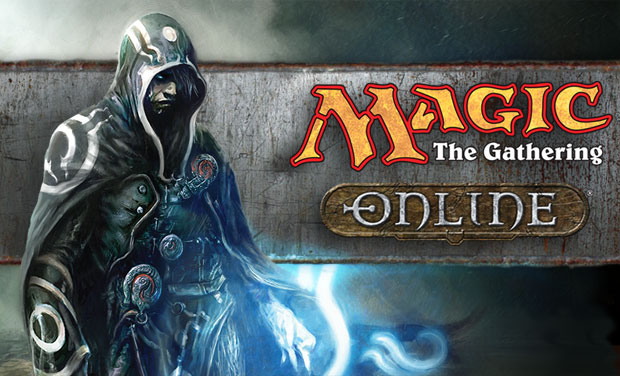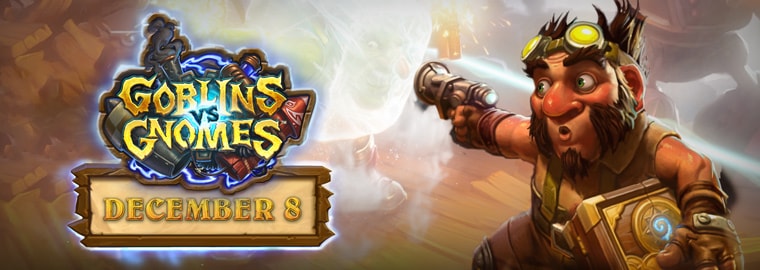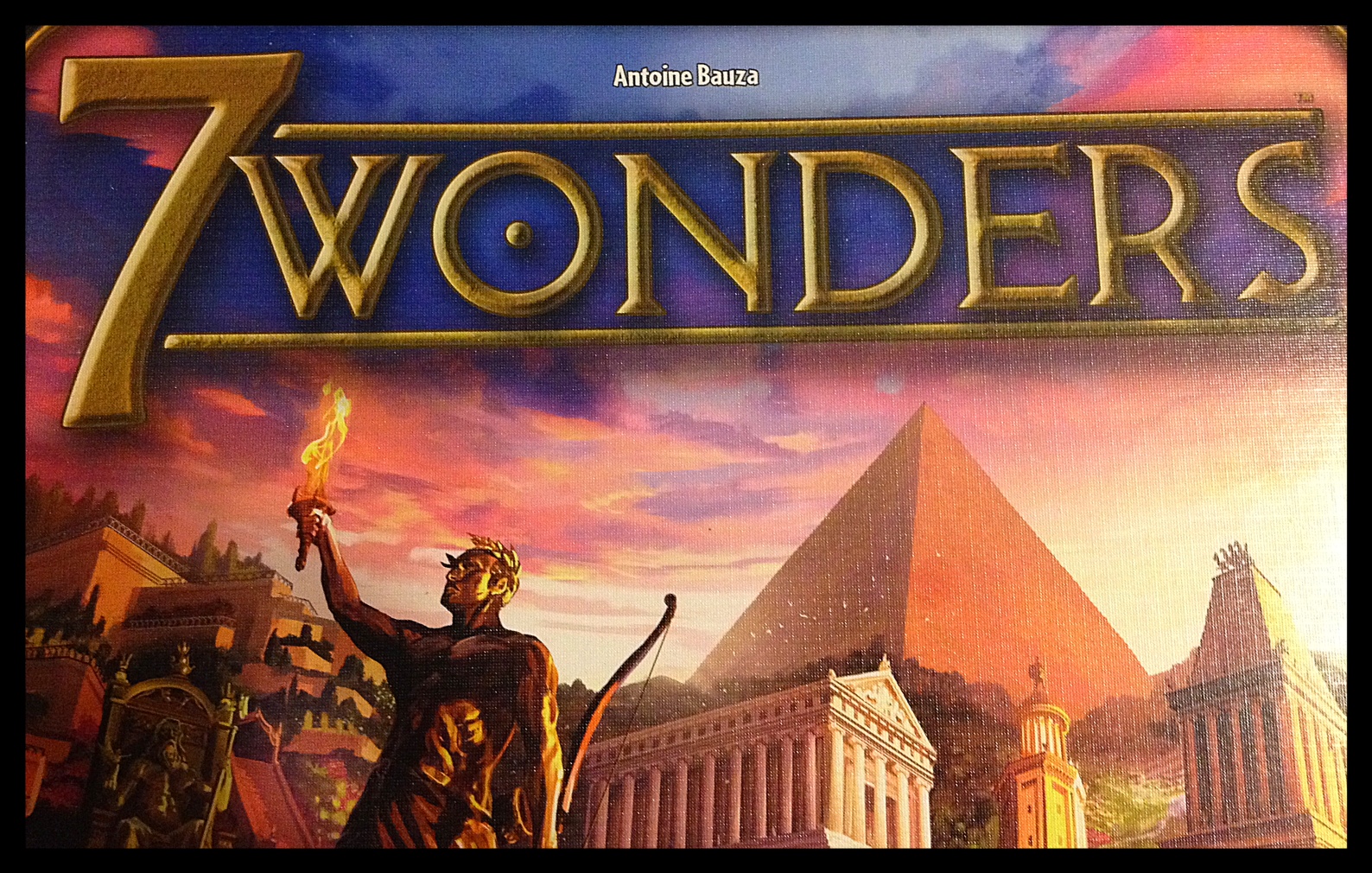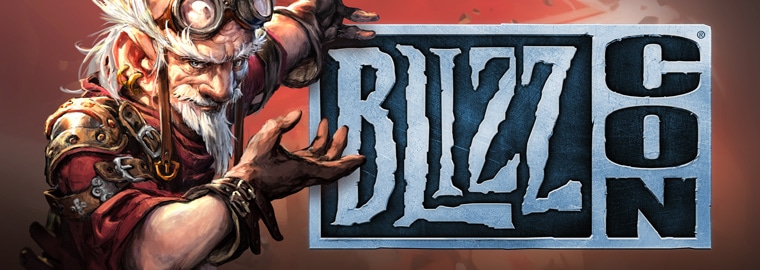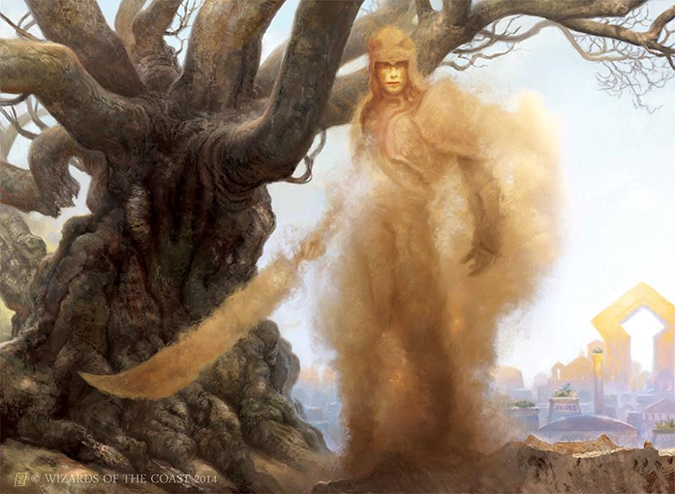Despite all this rage, I don't believe that boycotting Magic Online is the right solution to the problem. Here's why:
- It offers what I can't get elsewhere. At the end of the day, Magic Online is really my only outlet to play Magic the Gathering in general, and Standard Pauper in particular. Magic Online allows me to do that on my own schedule and from the comfort of my home. And even though the client is plagued with bugs currently, it still offers me an experience I can't get anywhere else.
- I've invested too much. Interestingly enough, this isn't really a financial issue for me. In fact, I've probably spent less than $50 total on Magic Online; maybe less than $30. But I've devoted countless hours to hosting MPDC, writing articles, making videos, chatting with players, and enjoying Limited and Standard Pauper matches. Boycotting Magic Online essentially means throwing all that way.
- Having a voice requires keeping a seat at the table. Who is Wizards more likely to listen to? Someone who quit the games months ago and is still angry about the whole thing, or a current player who periodically gives feedback (both positive and negative)? If I want things to get better, I have to be willing to be part of the solution.
- I support vendors who depend on Magic Online revenue. So many of my positive experiences on Magic Online came because of sites like PureMTGO, ChannelFireball, MTGOAcademy, and MTGOTraders. These sites depend on Magic Online (at least in part) for their revenue. It's not their fault that the client is a mess. I want to do my part to support these great organizations and the people behind them.
So that's why I won't boycott Magic Online. I'm invested for the duration. And I think you should be too.
